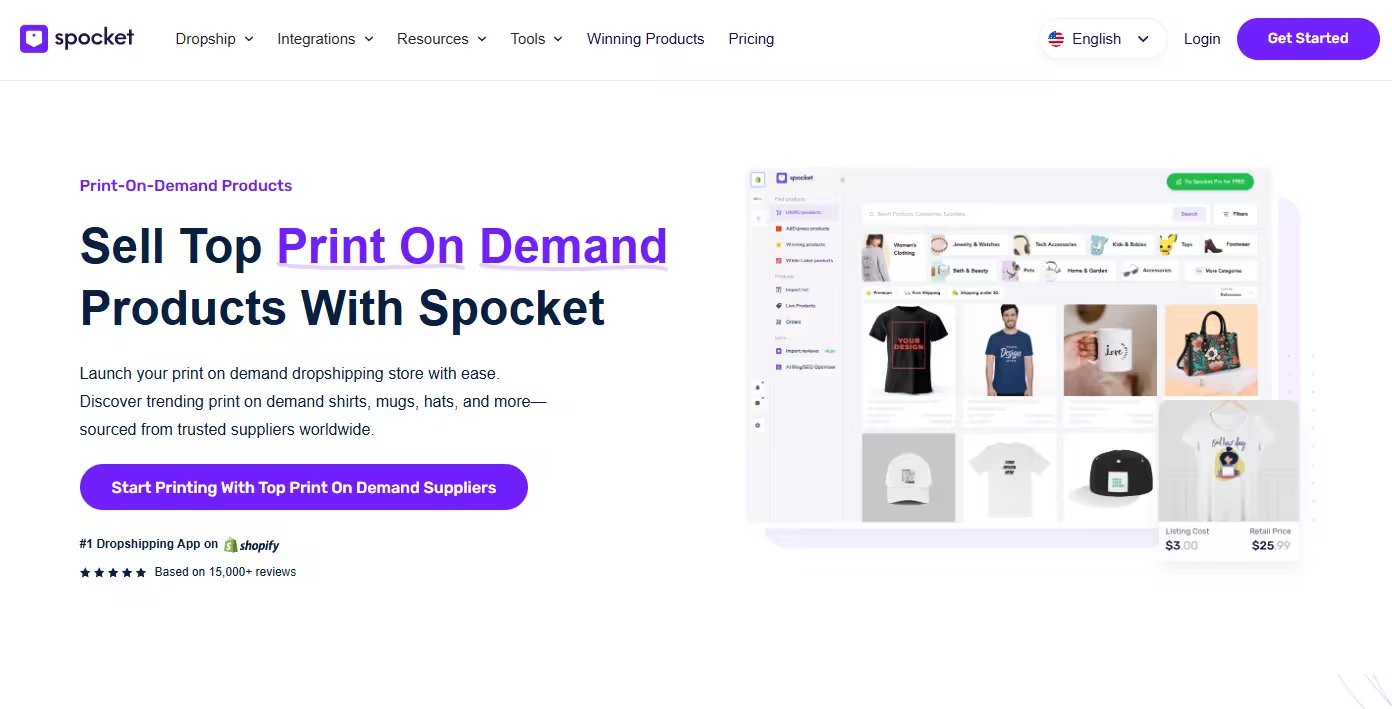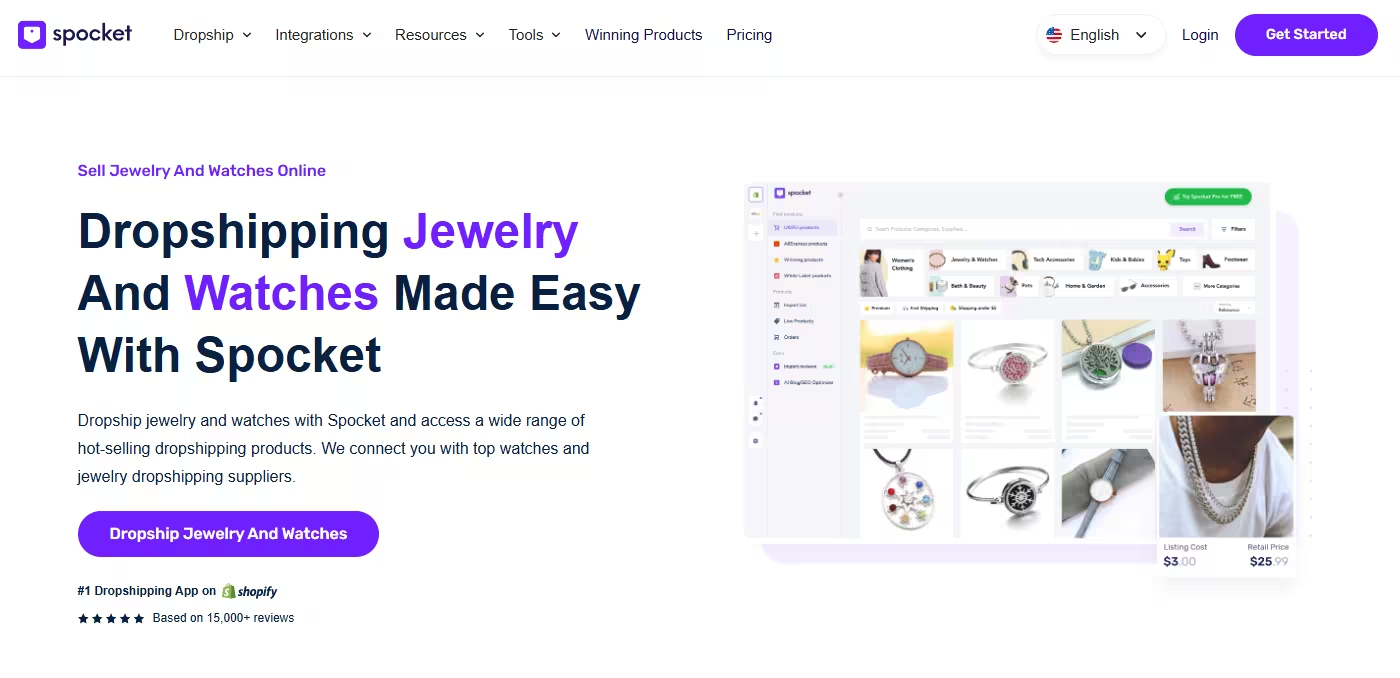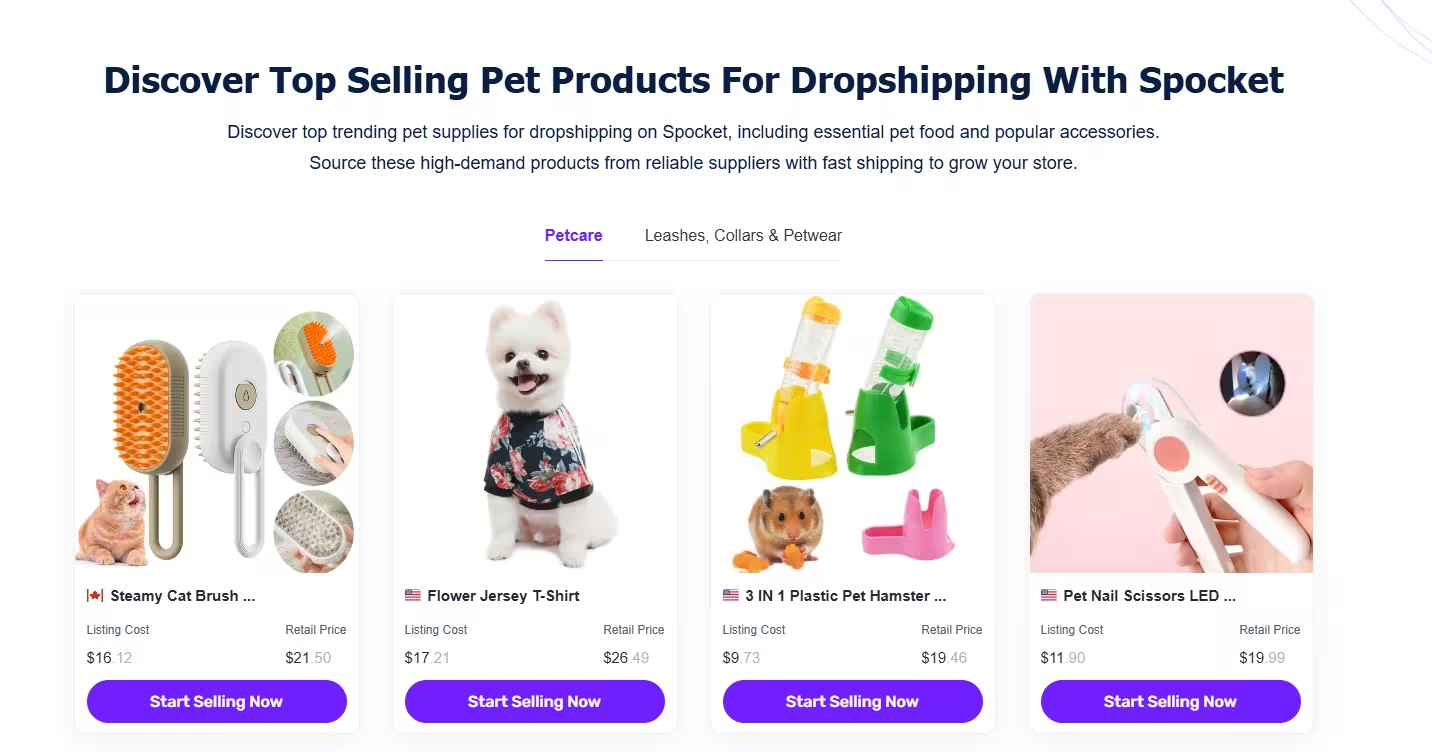Starting a business doesn’t have to drain your savings. In fact, some of the best businesses to start with a low budget require more creativity than capital. Whether you’re dreaming of becoming your own boss, searching for low-cost business ideas, or exploring low-investment small business ideas you can launch from home, you’re closer than you think. The real challenge isn’t money — it’s knowing which low-budget business ideas actually work and can start making profit quickly.
In this guide, you’ll discover proven low-budget business ideas that are easy to start, flexible, and beginner-friendly. You’ll learn which ones have the highest earning potential, how to start step-by-step, and what to avoid—so you can launch with confidence, even on a tiny budget. Ready to turn a small investment into something big? Let’s begin.
Why Low-Budget Businesses Are the Smartest to Start Today
Starting a company no longer requires huge capital or complicated resources. Today, more people are embracing low-risk entrepreneurship and searching for low investment business ideas, small business ideas, and startup ideas with low capital that offer flexibility, faster results, and minimal financial risk.
Launching a low-cost business idea is smart because:
- You can start a business with little money and scale as you grow
- There’s less pressure and lower financial risk, even for beginners
- You can launch from home using skills instead of savings
- Faster cash flow compared to traditional, high-investment businesses
- Easy to test, pivot, and improve without big losses
By focusing on low-budget business ideas, you get freedom, control, and a quicker path to profit. With the right skills, strategy, and tools, anyone can start a business with low investment and build it into something sustainable and scalable over time.
Best Low-Cost Business Ideas You Can Start With Little Money
If you’re searching for the best business to start with low budget, the online space offers the fastest and most affordable path. With just basic skills and a small investment, you can launch a profitable venture from home and scale it on your own terms. Below are some of the most practical low-cost business ideas, small business ideas, and low investment business ideas you can start right away. (Internal Link suggestion: Link “dropshipping” to your Spocket blog or product page)
Online Low Investment Business Ideas (Work From Home)
The digital world has opened doors to countless online business ideas with low investment. These business ideas from home are flexible, beginner-friendly, and require minimal upfront cost. Here are some of the best options you can start today:
1. Dropshipping Business
A dropshipping business is one of the best low investment business ideas because you don’t need inventory or upfront bulk stock. It’s ideal for beginners who want a low-risk way to start earning online from home. You can start quickly, test products fast, and scale without large capital.

Startup Cost: $50–$300
Profit Potential: $500–$5,000/month
How to Start:
Pick a niche and build a Shopify or WooCommerce store. Source products using Spocket to offer fast-shipping suppliers. Import products, set pricing with at least 2x margin, and optimize descriptions. Promote through TikTok, Instagram Reels, and Meta ads. Fulfillment is handled by suppliers, so you can focus on scaling—add winning products, upsells, and retargeting ads over time.
2. Print-on-Demand (POD) Store
Print-on-Demand is a great low-cost business idea because you only pay after a sale. You don’t stock items—designs get printed on t-shirts, mugs, and hoodies only when orders come in. It’s ideal for creative beginners and offers a risk-free, scalable business model.

Startup Cost: $0–$200
Profit Potential: $300–$4,000/month
How to Start:
Choose a niche and create simple designs using Canva. Launch on Shopify, Etsy, or Amazon and connect a POD partner like Spocket, Printify or Gelato. Upload your products, write SEO-rich product titles, and promote through Instagram, Pinterest, and TikTok. Test multiple designs, scale best-sellers, and gradually increase prices for bigger profits.
3. Digital Products (Ebooks, Templates, Notion Files)
Selling digital products is one of the most profitable small business ideas because you create once and sell repeatedly. There’s zero shipping, zero inventory, and very high margins—making it ideal for passive income on a small budget.
Startup Cost: $0–$150
Profit Potential: $500–$10,000/month
How to Start:
Identify a problem you can solve—budgeting, fitness, business planning, or productivity. Create ebooks, templates, or Notion planners using Canva or Notion. Sell on Etsy, Gumroad, or your website. Promote through Pinterest, TikTok, or email marketing. Release new products monthly and bundle deals for higher earnings.
4. Freelance Services (Writing, Design, SMM)
Freelancing is one of the quickest business ideas from home because you start with skills you already have. If you’re offering creative services, having a professional logo can help establish your personal brand and make your portfolio stand out. No inventory, no investment—just your expertise. It’s perfect for those who want flexible, fast-earning, low-budget business options.
Startup Cost: $0–$100
Profit Potential: $500–$7,000/month
How to Start:
Choose a service and create 3–5 sample projects. Set up accounts on Fiverr, Upwork, and LinkedIn. Pitch clients daily, offer entry packages, and deliver high-quality work to build reviews. Convert happy clients to monthly retainers. Increase prices as demand grows and later outsource tasks to scale.
5. Affiliate Marketing
Affiliate marketing is a smart low-cost business idea where you earn commissions by promoting trusted products. There’s no shipping, support, or inventory—making it beginner-friendly and scalable from home.

Startup Cost: $0–$100
Profit Potential: $300–$8,000/month
How to Start:
Pick a niche, join affiliate programs (Amazon, Impact, Awin), and promote products through YouTube, TikTok, or a blog. Create honest reviews, comparisons, and how-to content. Add affiliate links, focus on SEO or short-form video traffic, and build an email list. More content = more clicks = more commissions.
6. Blogging
Blogging is a long-term low investment business idea that generates passive income from ads, affiliates, and digital products. It’s ideal for anyone who wants compounding income from search traffic.
Startup Cost: $50–$120/year
Profit Potential: $500–$20,000/month
How to Start:
Choose a niche, install WordPress, and publish SEO-optimized articles. Target low-competition keywords, share content on Pinterest, Quora, and Facebook groups, and monetize with Google AdSense, affiliates, and ebooks. Update old articles regularly to rise in rankings and grow passive traffic.
7. Virtual Assistant (VA)
VA work is a great work-from-home business idea for beginners. Start with basic skills like admin tasks, organization, inbox management, or scheduling. It has low investment and steady demand worldwide.
Startup Cost: $0–$50
Profit Potential: $400–$4,000/month
How to Start:
Pick your services, build a simple portfolio, and set up profiles on Upwork, Fiverr, and LinkedIn. Pitch clients, offer hourly or weekly packages, and deliver fast communication and organization. Once you grow, specialize (like Pinterest VA or Real Estate VA) and raise your rates.
8. YouTube Automation (Faceless Channel)
YouTube automation is a low investment online business where you earn from videos without being on camera. It’s scalable and ideal for long-term passive income.
Startup Cost: $0–$200
Profit Potential: $500–$15,000/month
How to Start:
Choose a proven niche—motivation, travel, finance, tutorials. Write scripts, use stock footage, and outsource voiceovers and editing. Post 2–4 videos per week and optimize titles, tags, and thumbnails. Monetize through YouTube ads and affiliate links. Scale by outsourcing and running multiple channels.
Home-Based Low Budget Business Ideas (Small Business Ideas for Beginners)
If you’re looking for home-based business ideas that don’t require big investment, these beginner-friendly options are perfect to start from your living room or kitchen table. They’re simple, practical, and some of the best small business ideas for beginners who want flexibility, low risk, and steady income from home.
9. Baking From Home
Baking is one of the most in-demand home-based small business ideas for beginners. With low startup cost and constant demand for cakes, cupcakes, and desserts, you can earn from birthdays, events, and holidays while working from your own kitchen.

Startup Cost: $100–$350
Profit Potential: $200–$2,000/month
How to Start:
Pick a niche—cakes, cookies, or healthy snacks. Test recipes, price your menu, and take your first orders from friends and neighbors. Promote through WhatsApp, Instagram, and local Facebook groups. Provide festival offers, attractive packaging, and partner with delivery apps to scale locally.
10. Handmade Crafts Business
Handmade crafts are great low-budget business ideas if you enjoy creating customized gifts. From jewelry to crochet and home décor, this is a beginner-friendly model with steady local and Etsy demand.

Startup Cost: $80–$300
Profit Potential: $150–$2,000/month
How to Start
Choose 2–3 craft products and create sample pieces. Set up an Instagram and Etsy shop, price your items, and post lifestyle photos. Use craft-related hashtags and participate in local flea markets or exhibitions. Offer personalized gifting options for birthdays and weddings to earn more.
11. Home Tutoring
Tutoring is one of the simplest business ideas for beginners with almost zero investment. If you’re good at a subject, language, or skill, you can teach students from home or online.
Startup Cost: $0–$80
Profit Potential: $200–$2,500/month
How to Start
Pick your subject and create a weekly teaching plan. Take your first students from your neighborhood or family circle. List your services on Tutor.com, Superprof, or local Facebook groups. Offer group classes to increase income and expand to Zoom or Google Meet sessions.
12. Home-Based Photography
Photography is a creative home-based business idea for beginners who love visuals. You can start with basic equipment and earn from portraits, kids’ shoots, food brands, or events.
Startup Cost: $200–$700
Profit Potential: $300–$3,000/month
How to Start
Begin with a budget DSLR or even a good smartphone. Practice indoor lighting, create a small home studio corner, and post a portfolio on Instagram. Offer low-cost starter shoots, collaborate with local bakeries or boutiques, and promote through reels to attract consistent clients.
13. Candle Making Business
Candle making is a popular low investment home-based business idea with rising demand in décor and gifting.

Startup Cost: $100–$300
Profit Potential: $200–$2,000/month
How to Start
Purchase wax, molds, fragrances, and jars. Create 5–7 sample candles and photograph them well. Sell through Instagram, Etsy, and local gift shops. Offer festival hampers, scented collections, and custom labels. Encourage buyer reviews to grow trust.
14. Soap Making Business
Homemade soaps are trending due to demand for chemical-free personal care products. This home-based small business idea works well for beginners who enjoy crafting.
Startup Cost: $120–$350
Profit Potential: $250–$2,500/month
How to Start
Learn basic melt-and-pour or cold-process soap techniques. Start with 3–4 variants and create small batches. Sell through social media, flea markets, and organic stores. Offer gift sets and subscription boxes to increase monthly recurring income.
15. Custom T-Shirt Brand (Home-Based)
A custom T-shirt brand is a creative small business idea for beginners with steady demand in personal gifting and small events.
Startup Cost: $120–$400
Profit Potential: $250–$3,000/month
How to Start
Create 10–15 designs on Canva and print with local vendors or POD suppliers. Sell through Instagram and Etsy. Run niche-based collections (travel tees, anime tees, festival tees) and collaborate with micro-influencers to reach buyers faster.
16. Personal Fitness Coaching (Home Studio or Online)
If you’re into fitness, coaching is a great home-based business idea that requires almost no investment and delivers steady monthly clients.
Startup Cost: $0–$200
Profit Potential: $300–$3,000/month
How to Start
Choose your focus—weight loss, yoga, or strength training. Create a 4-week plan and offer trial sessions to friends or neighbors. Promote on Instagram and YouTube Shorts. Sell monthly or 6-week transformation packages for recurring income.
Side Hustle and Part-Time Business Ideas With Low Capital
These side hustle ideas are perfect if you’re short on time but want extra income. They’re flexible, beginner-friendly, and among the best part-time business ideas you can start with low capital. You can run them after work or on weekends and scale them into a full-time business over time.
17. Social Media Manager
Managing social media is one of the most profitable side hustle ideas for beginners. Small businesses need help with content, posting, and engagement, making it a great part-time business idea. You can work remotely, choose your hours, and scale your clients at your own pace, all with a very low startup cost.
Startup Cost: $0–$80
Profit Potential: $200–$2,500/month
How to Start
Pick a niche and offer content posting, captions, and engagement packages. Build a simple portfolio using 5 sample posts and pitch cafés, boutiques, salons, and coaches. Create an Instagram page, run outreach, and list on Fiverr and Upwork. Start with monthly retainers and upsell short-form content for extra income.
18. Event Planner
Event planning is a rewarding side hustle idea for organized, creative individuals. Birthdays, baby showers, and small gatherings are always in demand, making this an ideal part-time business idea with flexible work hours. You can start from home, build local contacts, and earn per event with minimal investment.
Startup Cost: $50–$200
Profit Potential: $250–$3,000/month
How to Start
Build a portfolio with themes, décor ideas, and pricing. Partner with decorators, caterers, and bakers to fulfill orders. Promote through Instagram, WhatsApp Status, and local Facebook groups. Offer budget and premium packages so clients have options. Deliver memorable events and collect photos and reviews to attract bigger bookings.
19. Pet Care Services
Pet care is one of the most enjoyable side hustle ideas for animal lovers. Services like pet sitting, dog walking, or grooming make this a great part-time business idea with repeat customers. It has low startup cost, high demand, and can fit into flexible hours before or after work.

Startup Cost: $20–$120
Profit Potential: $200–$2,200/month
How to Start
Choose your service—walking, sitting, or basic grooming. Create flyers, post on local groups, and join apps like Rover or Wag. Start with neighbors, offer weekly packages, and collect reviews. Share pet photos online to build trust and show care quality. Expand into grooming or training for higher income. (69 words)
20. Cleaning Services
Cleaning services are reliable side hustle ideas because they’re always in demand. It’s one of the simplest part-time business ideas to start and pays well for short shifts. You can work on weekends or evenings, target homes or offices, and grow through referrals with almost no upfront cost.
Startup Cost: $30–$150
Profit Potential: $200–$3,000/month
How to Start
Buy basic cleaning supplies and offer one-time, deep-clean, or kitchen-focused packages. Start by serving friends, neighbors, and local apartments. Share before-and-after photos on WhatsApp and Instagram. Deliver high-quality work, ask for referrals, and partner with real estate agents or landlords to secure recurring clients. (67 words)
21. Gardening & Landscaping
Gardening is a practical part-time business idea for those who enjoy outdoor work. Many homeowners need help with lawn care, plants, and maintenance, making it one of the most consistent side hustle ideas with recurring monthly income, especially in residential neighborhoods.
Startup Cost: $40–$200
Profit Potential: $250–$3,500/month
How to Start
Offer services like mowing, trimming, weeding, and plant care. Promote locally through flyers, door-to-door introductions, and Facebook groups. Start small with evening or weekend slots and offer weekly or bi-weekly plans for recurring income. Once you grow, add landscaping and seasonal gardening packages. (66 words)
22. Car Wash at Home / Doorstep Service
Doorstep car washing is a convenient side hustle idea with guaranteed local demand. It’s one of the most profitable part-time business ideas because you earn per vehicle and need minimal supplies, making it easy to start and scale in residential neighborhoods.
Startup Cost: $50–$180
Profit Potential: $200–$3,000/month
How to Start
Buy basic supplies like shampoo, microfiber cloths, and a portable spray. Offer doorstep washes and interiors. Promote in housing societies and give discounted first-wash offers. Maintain quick service, build weekly or monthly plans, and upsell interior detailing for extra income. Expand by hiring helpers as demand increases. (69 words)
Best Business Ideas Under $500 (Ultra Low-Cost Options)
If you're searching for business ideas under $500, these low budget business ideas are easy to start, beginner-friendly, and perfect for anyone who wants to launch a small business without big risk. Each idea below can be started in the U.S. with minimal capital and scaled as demand grows.
23. Thrift Flipping / Reselling
Thrift flipping is one of the easiest business ideas under $500, where you buy undervalued items and resell them for profit. Clothes, décor, collectibles, and electronics can be sourced cheaply from thrift stores and flipped online, making it a flexible, low-risk side business for beginners.
Startup Cost: $80–$300
Profit Potential: $200–$3,000/month
How to Start
Source products from Goodwill, yard sales, or Facebook Marketplace. Clean, repair if needed, and list on eBay, Poshmark, or Mercari. Take clear photos, write detailed descriptions, and price competitively. Reinvest profits weekly to scale. Use USPS flat-rate shipping to control costs and grow inventory over time.
24. Home Salon / Beauty Services
A home salon is one of the best low budget business ideas for those skilled in grooming, makeup, or hair care. You only need basic tools to start and can offer services on weekends or evenings, making it beginner-friendly and under $500.
Startup Cost: $150–$450
Profit Potential: $250–$3,000/month
How to Start
Choose core services like hair styling, basic facials, nails, or makeup. Buy essential tools, set up a clean corner at home, and list services on Instagram, StyleSeat, and Facebook groups. Offer weekend deals, friend-referral discounts, and group packages. Collect reviews and share before-after photos to build trust. (67 words)
25. Mobile Notary Service
A mobile notary business is a profitable small business under 500 dollars with steady U.S. demand. You only need certification and simple supplies to notarize documents at clients’ locations, offering flexible hours and recurring earnings.
Startup Cost: $80–$300
Profit Potential: $250–$3,500/month
How to Start
Get commissioned in your state, purchase a notary stamp, journal, and ID tools. List your service on Google Business Profile, Thumbtack, and Yelp. Serve loan signings, real-estate closings, and legal documents. Charge travel fees and offer weekend availability for premium pricing.
How to Choose the Best Low-Budget Business for You
Not every low-budget business idea will fit every person. Use this simple framework to choose the right path based on your strengths, schedule, and goals:
- Time Availability: Pick a business that matches your routine. If you’re busy, choose flexible side hustles like freelancing or reselling.
- Skill Level: Start with something you can execute today. If you have no experience, choose beginner-friendly business ideas with simple learning curves.
- Budget: Estimate your setup cost and pick a business that fits comfortably under your spending limit—without financial stress.
- Learning Curve: Some businesses take longer to master. If you want faster results, choose models with fewer skills required.
- Profit Timeline: Decide whether you want quick earnings (like services) or long-term passive income (like blogging or digital products).
Conclusion
Starting a profitable venture doesn’t require a huge budget—just the right idea and the willingness to start small and stay consistent. Whether you choose a home-based business, a part-time side hustle, or an online store, the key is to take action, learn fast, and scale gradually. Low-investment businesses reduce risk, increase flexibility, and give you the freedom to grow on your own terms. If you want to start an online business with minimal cost and zero inventory, try dropshipping with Spocket and begin selling high-quality US/EU products today. Your low-budget business journey can start right now—one smart step at a time.







































